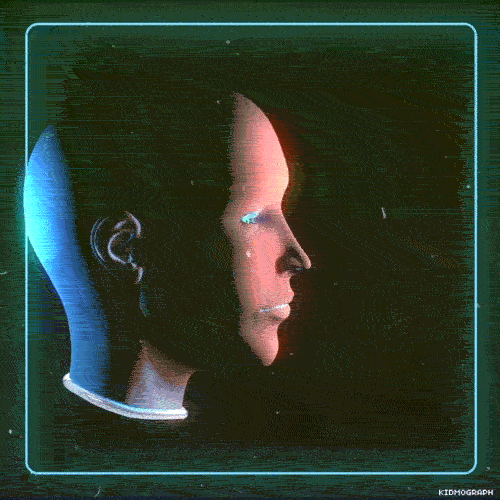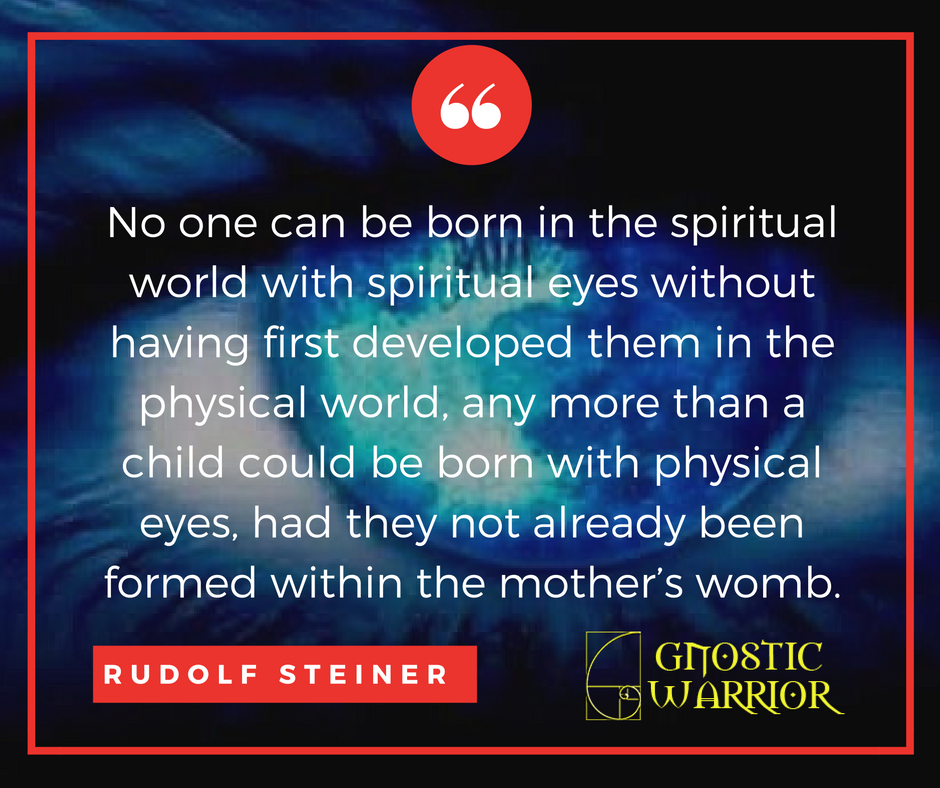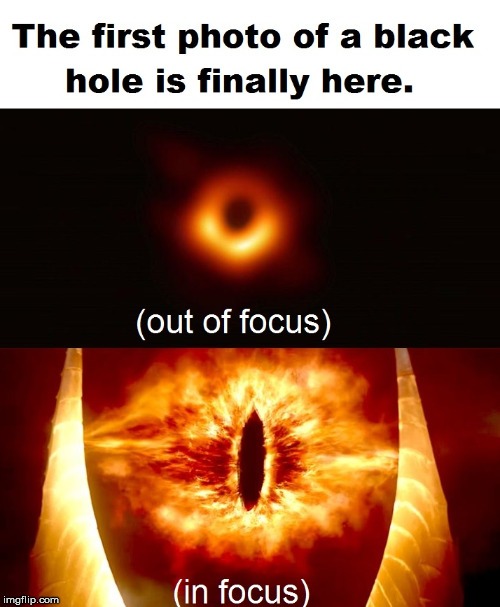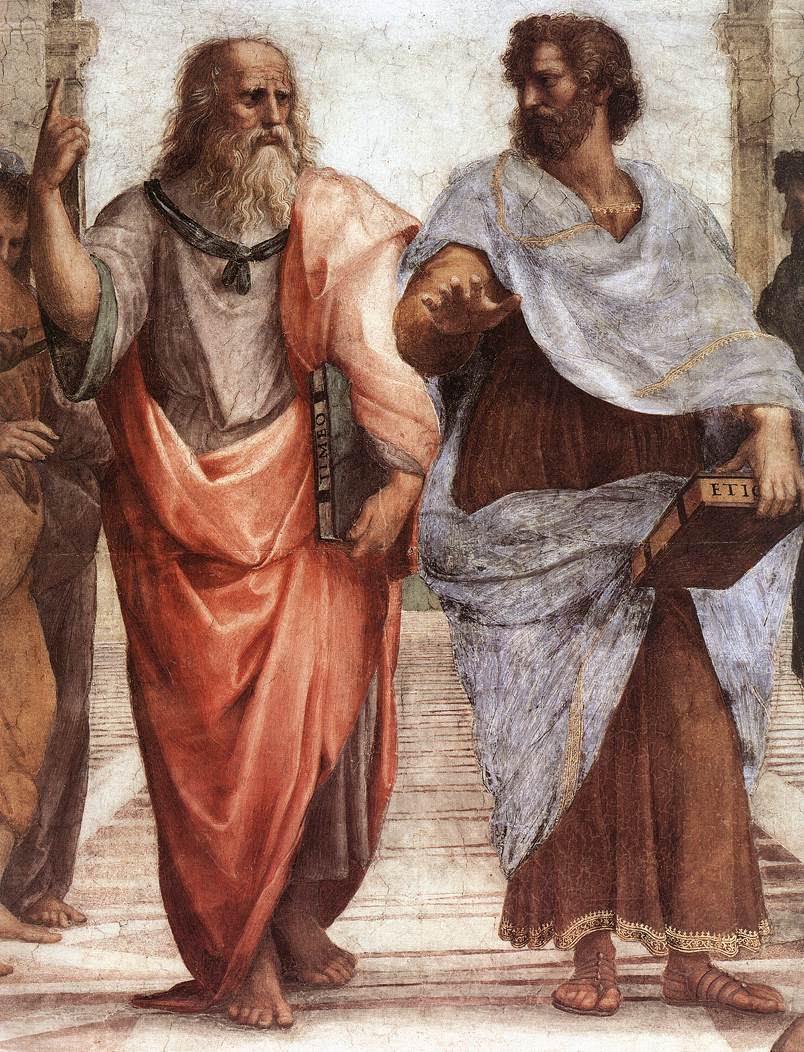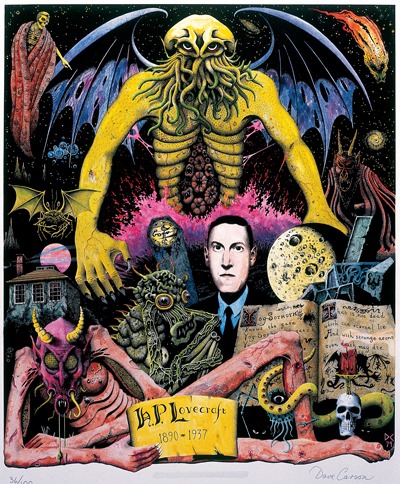What facts? we might inquire. A man of science cannot be expected to admit that these facts can be furnished by occult science, since he does not believe in the latter. Nevertheless, the future may demon-
Page 405
strate this verity. Aristotle has bequeathed his inductive method to our scientists; but until they supplement it with “the universals of Plato,” they will experience still more “failures” than the great tutor of Alexander. The universals are a matter of faith only so long as they cannot be demonstrated by reason and based on uninterrupted experience. Who of our present-day philosophers can prove by this same inductive method that the ancients did not possess such demonstrations as a consequence of their esoteric studies? Their own negations, unsupported as they are by proof, sufficiently attest that they do not always pursue the inductive method they so much boast of. Obliged as they are to base their theories, nolens volens, on the groundwork of the ancient philosophers, their modern discoveries are but the shoots put forth by the germs planted by the former. And yet even these discoveries are generally incomplete, if not abortive. Their cause is involved in obscurity and their ultimate effect unforeseen. “We are not,” says Professor Youmans, “to regard past theories as mere exploded errors, nor present theories as final. The living and growing body of truth has only mantled its old integuments in the progress to a higher and more vigorous state.” This language, applied to modern chemistry by one of the first philosophical chemists and most enthusiastic scientific writers of the day, shows the transitional state in which we find modern science; but what is true of chemistry is true of all its sister sciences.
Since the advent of spiritualism, physicians and pathologists are more ready than ever to treat great philosophers like Paracelsus and Van Helmont as superstitious quacks and charlatans, and to ridicule their notions about the archaeus, or anima mundi, as well as the importance they gave to a knowledge of the machinery of the stars. And yet, how much of substantial progress has medicine effected since the days when Lord Bacon classed it among the conjectural sciences?
Such philosophers as Demokritus, Aristotle, Euripides, Epicurus, or rather his biographer, Lucretius, AEschylus, and other ancient writers, whom the materialists so willingly quote as authoritative opponents of the dreamy Platonists, were only theorists, not adepts. The latter, when they did write, either had their works burned by Christian mobs or they worded them in a way to be intelligible only to the initiated. Who of their modern detractors can warrant that he knows all about what they knew? Diocletian alone burned whole libraries of works upon the “secret arts”; not a manuscript treating on the art of making gold and silver escaped the wrath of this unpolished tyrant. Arts and civilization had attained such a development at what is now termed the archaic ages that we learn,
Page 406
through Champollion, that Athothi, the second king of the first dynasty, wrote a work on anatomy, and the king Necho on astrology and astronomy. Blantasus and Cynchrus were two learned geographers of those pre-Mosaic days. AElian speaks of the Egyptian Iachus, whose memory was venerated for centuries for his wonderful achievements in medicine. He stopped the progress of several epidemics, merely with certain fumigations. A work of Apollonides, surnamed Orapios, is mentioned by Theophilus, patriarch of Antioch, entitled the Divine Book, and giving the secret biography and origin of all the gods of Egypt; and Ammianus Marcellinus speaks of a secret work in which was noted the precise age of the bull Apis — a key to many a mystery and cyclic calculation. What has become of all these books, and who knows the treasures of learning they may have contained? We know but one thing for a certainty, and that is, that Pagan and Christian Vandals destroyed such literary treasures wherever they could find them; and that the emperor Alexander Severus went all over Egypt to collect the sacred books on mysticism and mythology, pillaging every temple; and that the Ethiopians — old as were the Egyptians in arts and sciences — claimed a priority of antiquity as well as of learning over them; as well they might, for they were known in India at the earliest dawn of history. We also know that Plato learned more secrets in Egypt than he was allowed to mention; and that, according to Champollion, all that is really good and scientific in Aristotle’s works — so prized in our day by our modern inductionists — is due to his divine Master; and that, as a logical sequence, Plato having imparted the profound secrets he had learned from the priests of Egypt to his initiated disciples orally — who in their turn passed it from one generation to another of adepts — the latter know more of the occult powers of nature than our philosophers of the present day.

Moe is the founder of GnosticWarrior.com. He is a father, husband, author, martial arts black belt, and an expert in Gnosticism, the occult, and esotericism.


